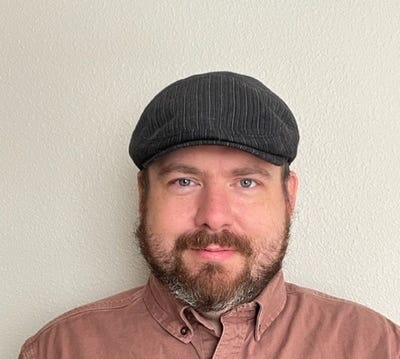
Casgevy and beyond: Allogeneic therapies take spotlight for CRISPR TherapeuticsCasgevy and beyond: Allogeneic therapies take spotlight for CRISPR Therapeutics
The CEO of CRISPR Therapeutics gave attendees a peek into the future of off-the-shelf gene therapies at the JP Morgan conference in San Francisco, California.

Samarth Kulkarni, CEO of CRISPR Therapeutics, spoke at the JP Morgan Healthcare Conference about his firm’s development of allogeneic therapies and their manufacturing and cost advantages compared with autologous therapies. He identified 2025 as possibly “one of the most consequential years in the journey of our company.”
Kulkarni discussed his company’s pipeline and the commercial future of its autologous gene therapy Casgevy (exagamglogene autotemcel), which is manufactured by Vertex Pharmaceuticals. CRISPR and Vertex began a strategic collaboration in 2015 to develop and manufacture novel treatments for human genetic diseases and have since partnered on a number of projects.
The US Food and Drug Administration (FDA) approved Casgevy to treat patients with sickle-cell disease in December 2023, following that with a subsequently approval for transfusion-dependent beta thalassemia in January 2024.
“There's a continuous focus on improving the profile of Casgevy and expanding it to a larger population with gentle conditioning agents and in vivo gene delivery,” he said.
As is common with autologous therapies, Casgevy is expensive, with a list price of $2.2 million. Nevertheless, Kulkarni sees a bright future for the product as the company eyes commercialization beyond the US and into markets in the Middle East. “Vertex and [CRISPR Therapeutics] continue to invest in expanding our manufacturing footprint so that we can meet the needs of all these patients.”
But he expressed further excitement for the company’s allogeneic pipeline and the off-the-shelf potential of products such as CTX112, an allogeneic chimeric antigen receptor (CAR)-T therapy developed for oncology and autoimmune diseases. “CTX112 is probably the best-in-class allogeneic CAR-T [therapy candidate] out there, even given all the edits we're making and what we're seeing from a PKPD [pharmacokinetic and pharmacodynamic] profile.”
Kulkarni said that although autologous therapies often produce dramatic and sometimes curative results, the production process is not always seamless. Citing data from an autologous lymphoma therapy, he said, “It can only be administered in academic medical settings, with hospitals, in patient, and it's very cumbersome to manufacture. Plus, it costs a lot to manufacture, which leads to a very high price for these drugs, almost $0.5 million to patients.”
In contrast, allogeneic therapies enable developers to “take a very young person's healthy T cells and manufacture doses for 100 patients,” in turn making off-the-shelf therapies that are almost as potent as autologous CAR-T drugs. In ongoing trials, he said, “The median time to dosing is a matter of one or two days.”
About the Author
You May Also Like





